Giulia Marolla reviews Sara Fascione’s “Gli ‘altri’ al potere” in Plekos 23 (2021) 237-41.


Giulia Marolla reviews Sara Fascione’s “Gli ‘altri’ al potere” in Plekos 23 (2021) 237-41.
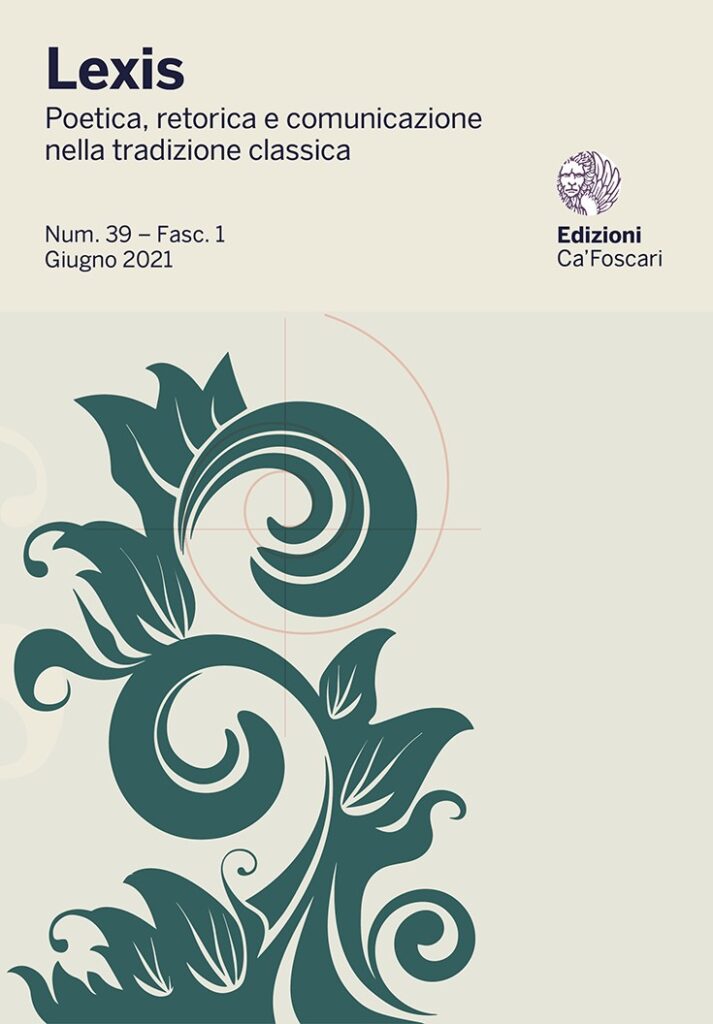
Massimo Gusso, in ‘Sidonius Apollinaris and the “Senate in Exile”: On a “Republican” Poetic Metaphor’, Lexis 39.1 (June 2021), writes on the republican fiction of a senate “free from the emperor” in Carm. 7.
Read online
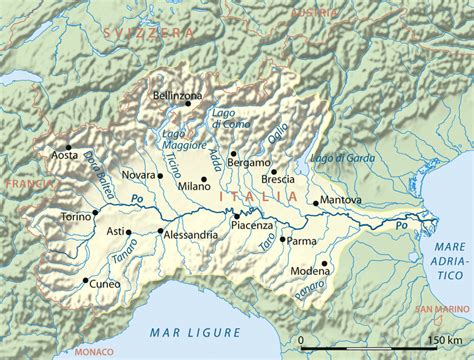
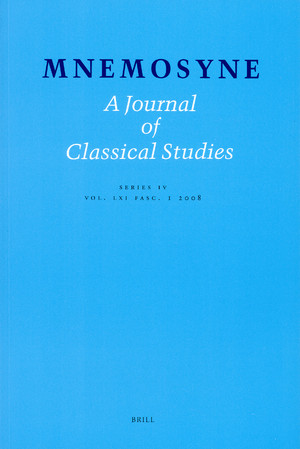
Joop van Waarden connects Sidon. Ep. 1.1 to a couple of Pliny’s letters. His piece has just been published as an advance article of Mnemosyne: “Leafing through Pliny with Sidonius: Sidon. Ep. 1.1, Plin. Ep. 1.1, 1.2, and 1.5, and Satire”.
Online open access
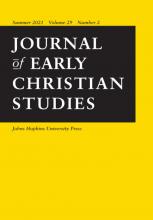
Michael Hanaghan explains how a reading of Jerome’s Ep. 58 subverts Sidonius’ wordy praise of Claudianus’ De statu animae in Ep. 4.3:
‘Sidonius Apollinaris contra Claudianus Mamertus: Jerome, Julianus Pomerius, and the Subversion of Praise’, Journal of Early Christian Studies 29 (2021) 215-35.
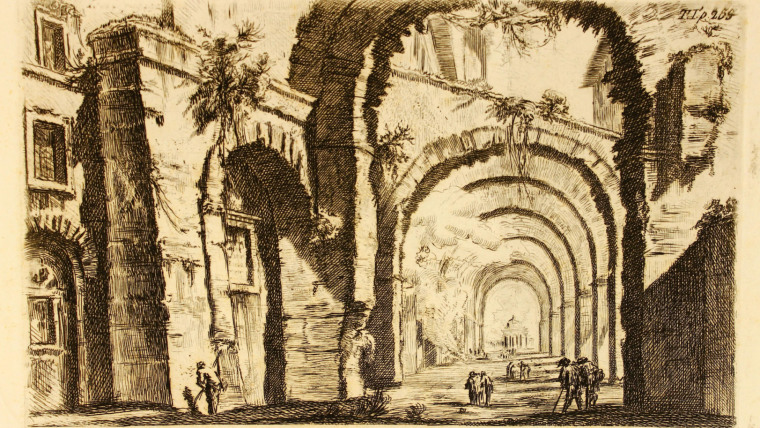
At an online conference in Jena, ‘Das Weströmsiche Reich und seine Erforschung – neue Perspektiven’ (4-6 June 2021), Tabea Meurer specifically addressed Sidonius in connection with the development of the senatorial otium concept.
For a report of the conference see: Tagungsbericht: Das Weströmische Reich und seine Erforschung – neue Perspektiven, 04.06.2021 – 06.06.2021 digital (Jena), in: H-Soz-Kult, 28.06.2021.
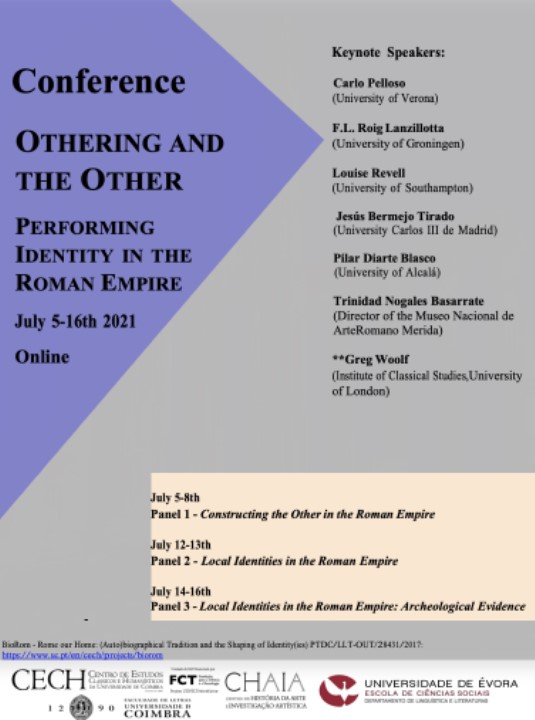
Sidonius is thematized in two upcoming papers at the conference ‘Othering and the Other. Performing Identity in the Roman Empire’ (Universities of Coimbra and Évora) on 13 July, 15:15 – 16:45 (Lisbon-London time):
Pavle Pavlović (Singidunum University of Belgrado), The barbarian ‘Other’ and Sidonius’ ‘language of paradox’
Filomena Giannotti (University of Siena), News from a mundus senescens: Romans, Visigoths and Saxons in a letter by Sidonius Apollinaris (viii 6).
Register here (also links to the conference programme and the booklet of abstracts).
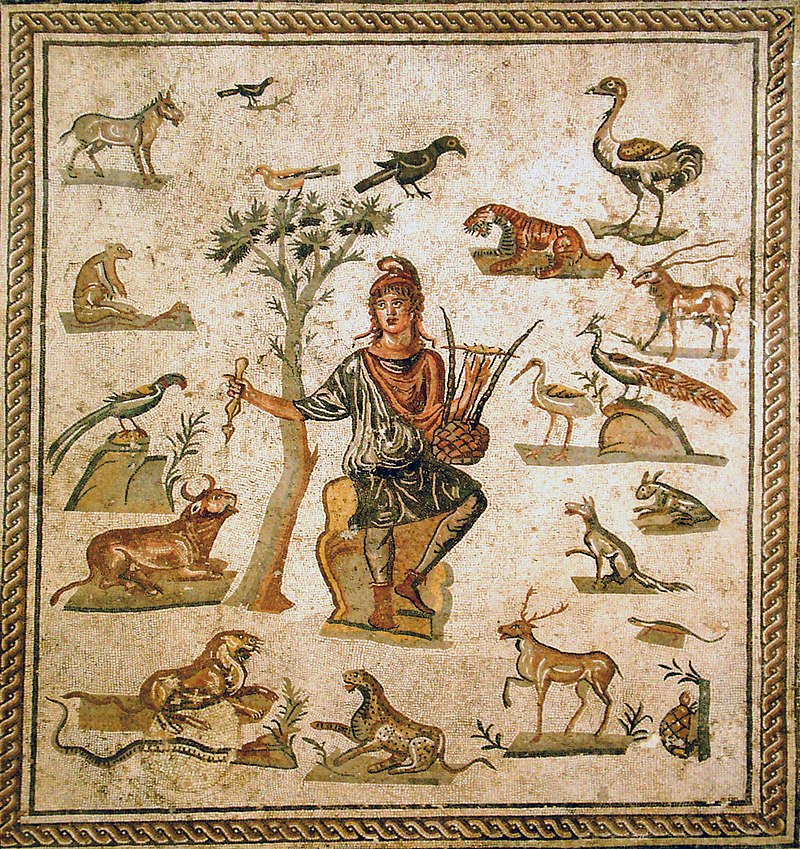
Gabriela Marrón (Universidad Nacional del Sur, Bahía Blanca) interprets the metrical licence ‘Orphéüm’ (Carm. 35.19) as intentional in connection with a similar case in Dracontius: ‘De-cadencias y traspiés. Estrategias intertexuales en la Antigüedad Tardía’, Circe 25 (2021) 161-81.
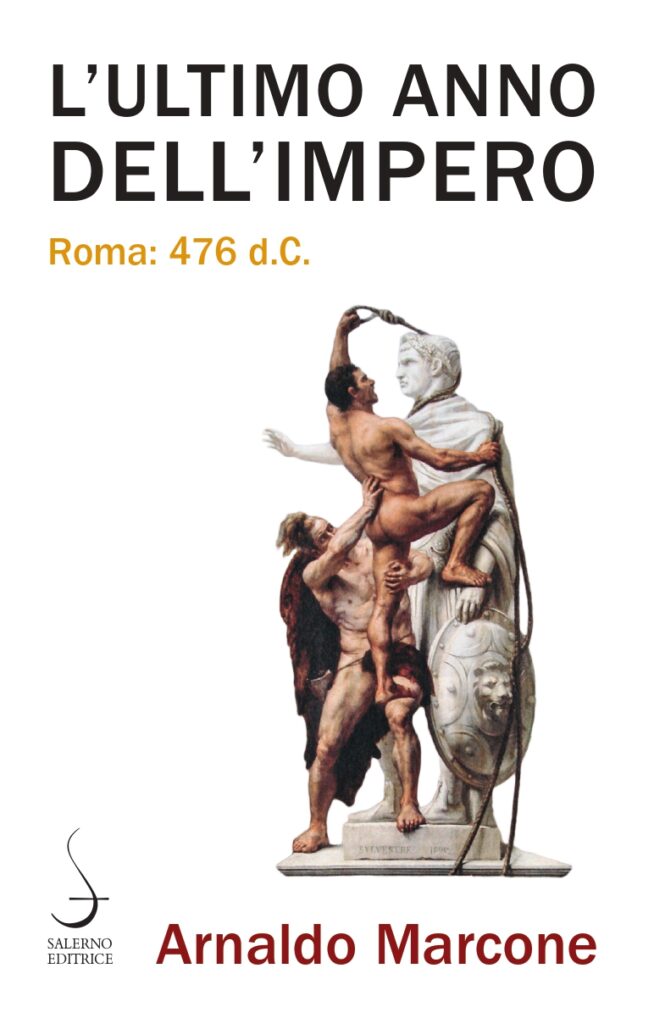
Arnaldo Marcone has written L’ultimo anno dell’Impero: Roma, 476 d.C..
It is published this month in the Aculei series of Salerno Editrice, Naples, a series “dedicata ai grandi temi della storia, recente e meno recente, che dividono l’opinione pubblica, sviluppati secondo un’ottica originale e pungente.”

Richard Rush is currently a doctoral candidate at the University of California, Riverside (United States of America). In his dissertation, “Landscapes along the Fifth-Century Rhône,” he argues that the literary use of a landscape cannot be separated from the author’s experience of that landscape. Richard uses Latin authors who lived along the Rhône during the long fifth century to explore how reading their texts in conjunction with an analysis of the landscapes evoked therein can deepen our understanding of the authors’ lived experiences. This dissertation requires close engagement with both the literary works of fifth-century Gallic authors and what remains of the fifth-century landscape.
While in Lyon, Richard will analyze the local geography’s relationship to the works of Sidonius Apollinaris, Avitus of Vienne, and the “Life of Apollinaris of Valence,” as well as the fifth-century archeology of Lyon and its environs.
He currently is a HiSoMA bursary in Lyon, as part of the project Lugdunum dans l’empire de Rome. See also paper IMC Leeds.